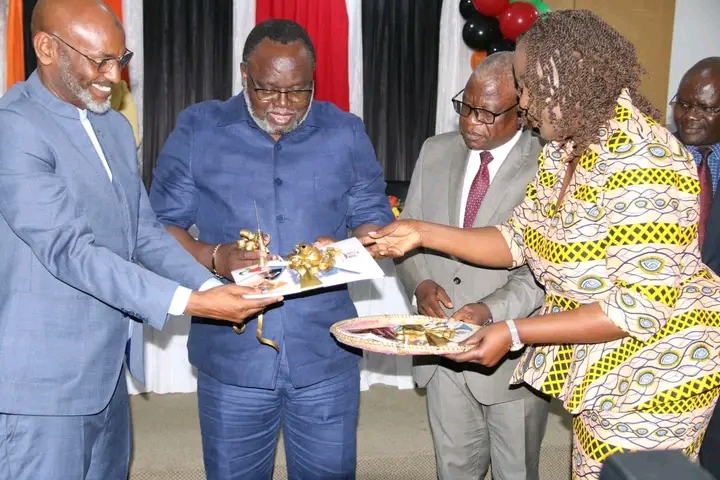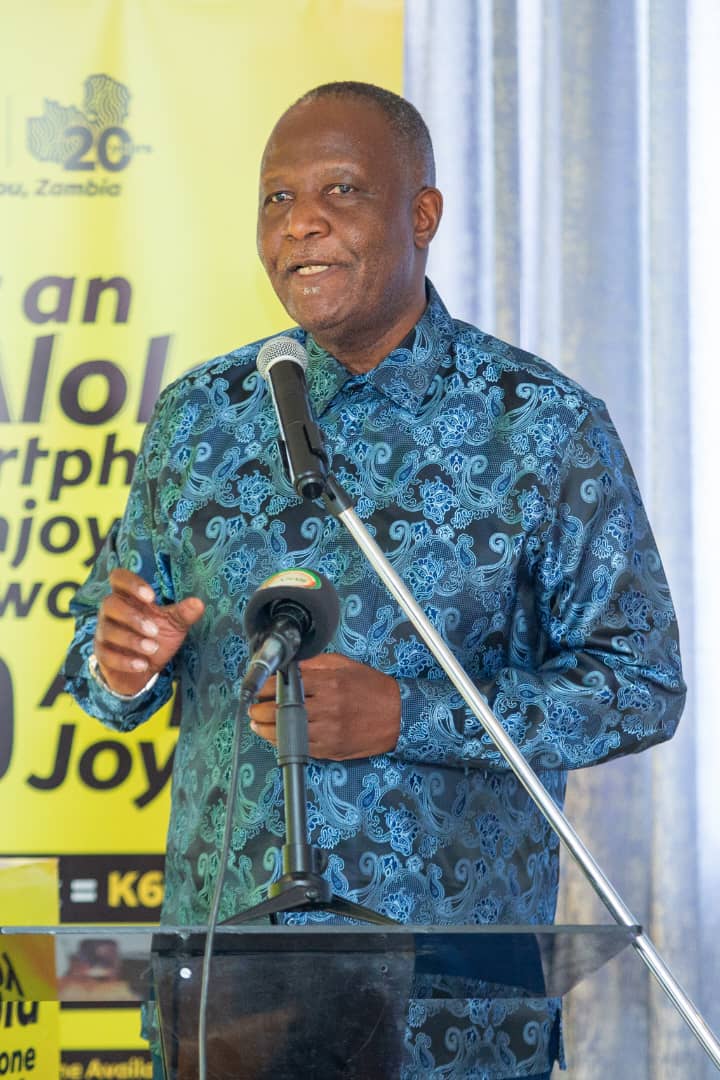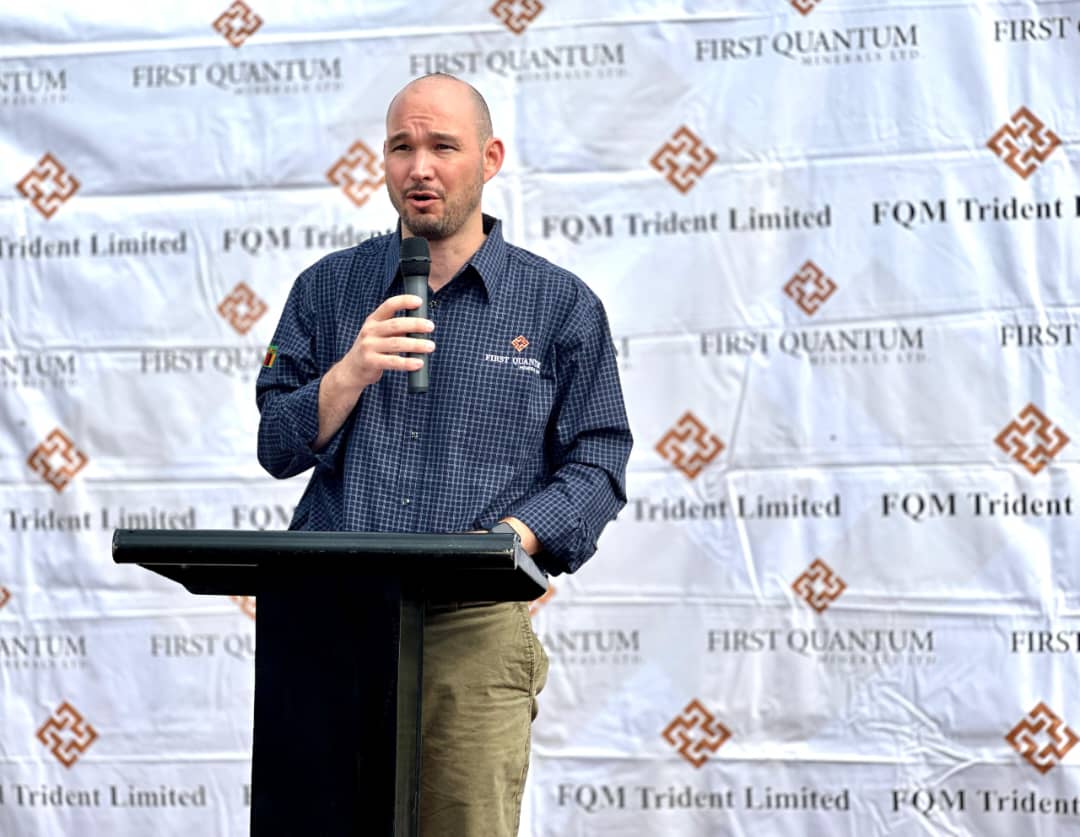By JOHN Chola
Zambia has unveiled a National Copper Production Strategy aimed at positioning the country as a top global copper producer by 2031. The annual production target of 3 million tonnes represents a more than threefold increase in less than a decade, against the current 800,000 tonnes.
Speaking at the launch of the strategy, Mines and Minerals Development Minister Paul Kabuswe stated, “This is a defining moment for our country. Copper is at the heart of the future energy ecosystem, and we are positioning ourselves to meet the rising global demand.”
The surge in copper demand, driven by global green energy transitions and electric vehicle (EV) technologies, provides the perfect backdrop for Zambia to reclaim its historic position at the forefront of global copper supply chains.
Government has outlined several critical areas for strategic action:
MINING INFRASTRUCTURE
Central to the strategy is ramping up investment in mining infrastructure, including expanding current mining sites and developing new ones.
Large-scale mining companies operating in Zambia such as First Quantum Minerals, Konkola Copper Mines (KCM), and Mopani Copper Mines will be key players.
The government is actively courting domestic and foreign investors to boost capital inflows needed to develop new mines and modernize existing operations.
REGULATORY REFORMS
To attract and retain investment, Zambia is streamlining its regulatory framework for policies that promote ease of doing business. The ultimate aim is to guarantee transparency and enhance mineral exploration. Recent changes in tax regimes, including the reduction of mineral royalty taxes, are designed to stimulate investment, particularly in exploration and production.
Zambia has further committed to enhancing the efficiency of Government agencies such as the Ministry of Mines and Zambia Revenue Authority, to ensure the swift issuance of permits, licenses, and compliance with environmental standards.
ENVIRONMENTAL RESPONSIBILITY
Zambia’s copper boom must align with global environmental, social, and governance (ESG) standards. With increasing global scrutiny on sustainable mining practices, the country plans to integrate ESG principles into its copper strategy.
This includes reducing carbon emissions, using renewable energy sources in mining operations, and minimizing ecological impacts through responsible waste management and land rehabilitation.
The government has partnered with international environmental bodies to create a roadmap for sustainable copper production, ensuring that Zambia’s growth does not deepen environmental degradation.
EMPLOYMENT CREATION
As the mining sector is labour-intensive, Zambia’s strategy focuses on human capital development as a critical pillar. The government has partnered with educational institutions to revamp technical and vocational training in mining engineering, geology, and related fields. This will ensure a steady pipeline of skilled workers who can support the anticipated boom in copper production.
The government estimates that by 2031 more than 100,000 new jobs will be created in the sector, transforming not only the economy but also the livelihoods of thousands of Zambians. The strategy also includes plans for improved transport and logistics networks, with new railways, roads, and port infrastructure to facilitate the export of copper. These infrastructure investments will also boost other sectors of the economy, such as agriculture, tourism, and manufacturing, creating a multiplier effect on national development.
CHALLENGES
While the 3 Million Tonnes Strategy offers immense promise, it also faces significant challenges. The volatility of global copper prices, coupled with geopolitical tensions, could impact investor confidence. Additionally, the need for substantial capital investments and advanced technologies in an increasingly competitive global market will require robust international partnerships.
As analysts predict copper shortages with nations transitioning to low-carbon economies, global copper demand is expected to soar. Zambia stands to benefit, from being an established copper producer.
The strategy aligns with broader regional initiatives, such as the African Continental Free Trade Area (AfCFTA), which could help Zambia access new markets and position itself as a regional leader in copper exports.
Political stability is another critical factor. With Zambia preparing for general elections in 2026, there are concerns that political transitions could lead to policy uncertainties, potentially affecting the mining sector’s growth trajectory.
In the words of Finance Minister Dr Situmbeko Musokotwane, “This strategy is not just about copper; it is about the future of Zambia. We are building a sustainable economy, one that will provide prosperity for generations to come.”








